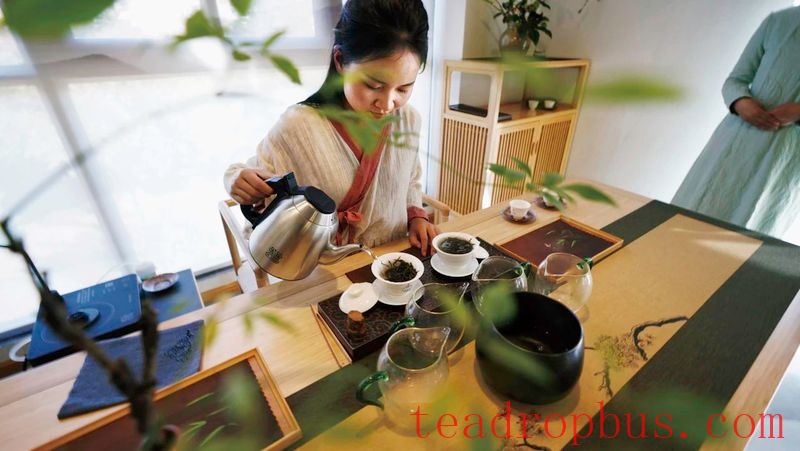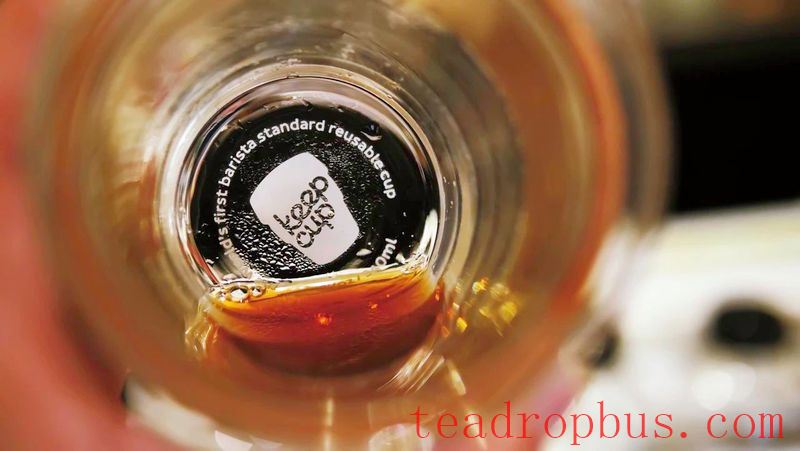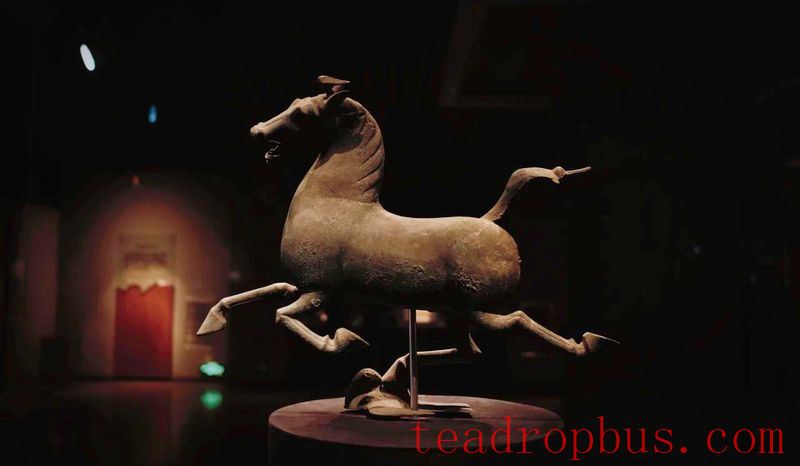
Tea signifies a poetic way of life.
Tea is both material—firewood, rice, oil, salt, soy sauce, vinegar, and tea—and spiritual—instruments, chess, calligraphy, paintings, poetry, liquor, and tea. The most vivid aspect of Drinking Tea is its poetic quality. What is poetry? There is a phrase that deeply moves me: “Poetry is something that gives one a sense of rebirth.”
If something can make you feel poetic, then your body and mind have a sense of being remade. Tang poems, Song lyrics, and Yuan verse—those enduring classic lines—why do they enter the sequence of timeless treasures? Because they are condensed with thousands of years of poetic essence. Drinking tea is to carry on this poetic legacy.
Drinking tea is a classical way of life.
I am grateful that in the modern atmosphere, there remains a classical lifestyle like drinking tea. Classical does not mean outdated or old-fashioned; rather, drinking tea is a life that returns to simplicity and renews itself over time.
Through our contact with tea, we establish simple and gentle connections with mountains, water, tea trees, and people, building subtle relationships with the aroma of tea, taste, body, and breath. Tea utensils, cups, and varieties still follow ancient techniques, and tasting tea remains an experience accumulated day by day.
There is a spirit of cleanliness in tea.
Food and air can make us feel uneasy, changes in human nature are unpredictable, and the world's agitation and clamor cause us subtle concern. From the tea leaves, utensils, water quality to the spiritual level, tea is clean and free from impurities. If there is an odd smell in the tea or a problem with the water, the tea drinker will quickly notice. Tea also symbolizes a clean spirit: detachment, frugality, propriety, peace, and elegance.
Tea is like home.
Tea is a rooted and grounded way of life. In real life, much of the food we eat cannot be traced back to its source, but tea is different. For example, the tea we drink comes from a specific mountain, a certain tea garden, made by someone in a particular way—all traceable and open to inquiry. “Where the heart finds peace, there is my home.” Drinking tea brings peace, and tea is like home.
Tea is a medium for “quantum entanglement.”

“Quantum entanglement” is part of the content awarded the Nobel Prize in Physics in 2025. The theory states that in quantum mechanics, when several particles interact, their properties become integrated into a whole, making it impossible to describe each particle individually; only the system as a whole can be described. This phenomenon is called quantum entanglement. Many use quantum entanglement to explain telepathy, encounters between people, and “all meetings are reunions after a long separation.” Using tea as a medium, it brings together many like-minded and fated individuals. To me, tea is an excellent medium for “quantum entanglement.”
There is a precious human touch in tea.
Tea is a warm beverage, and this warmth is not just about the temperature of the tea itself but the care and reflection it brings to those who drink it. Someone remembers your preferences, recalls what you've said, understands your thoughts and joys. I believe that the human touch is particularly precious in Chinese Tea, a very beautiful side of humanity.
Tea is a beverage that inspires anticipation.
One mountain, one flavor; one year, one flavor; a hundred teas, a hundred flavors. The tastes of tea are rich and varied. The same tea may have a similar style this year and next, but with changes in one's mood, the experience subtly differs. The same Pu'er tea may have one character in one city and another in a different city.

Thus, tea is a beverage that inspires anticipation. With anticipation, one's attitude towards the future is established.
Tea can lead one into a state of “flow.”
Focusing on drinking or brewing tea can bring one into a state of “flow.” “Flow” refers to the psychological state in which a person is completely absorbed in an activity, experiencing heightened excitement and fulfillment. When one enters a flow state, they gain higher, more profound insights.
Tea is the warm, visible time held in your hand. Time is invisible, and so is oneself. When the invisible self meets tea, we gain concrete feelings. Tea is the art of time, the tangible present and the moment captured in tea. Recalling tea gatherings, the aroma of tea flowing, laughter and conversation, time seems to be vividly recorded in Cup after cup of tea.
Originally published in Pu'er Magazine
November 2025 issue
Please contact us to delete if there are any copyright issues.